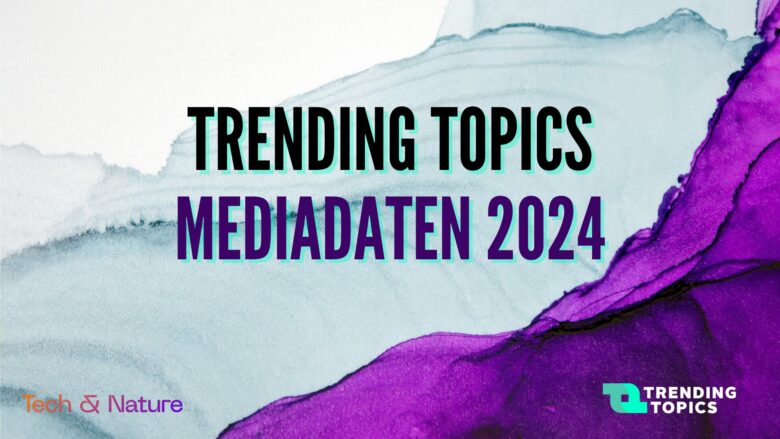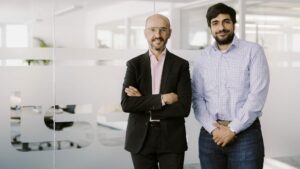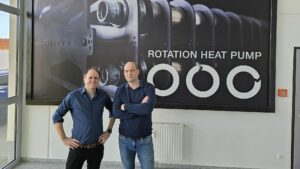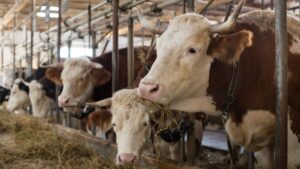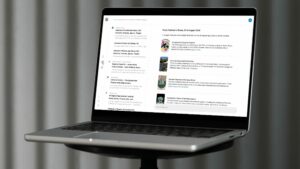WWF: Europe is the most expensive grocery store in the world
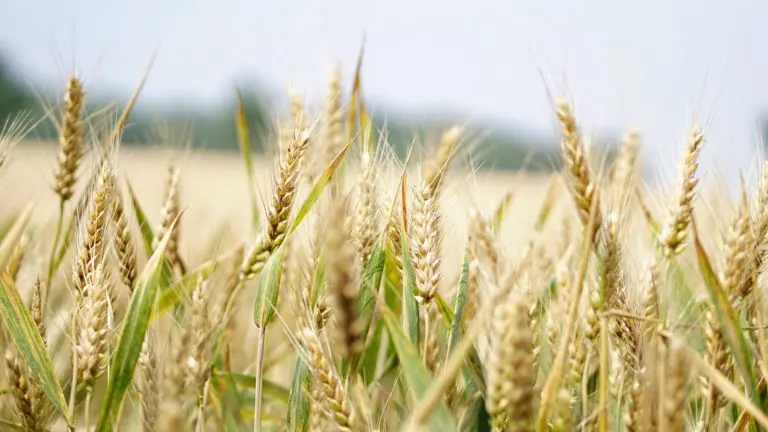
Globalization has arrived in the European diet a long time ago. It became clear how vulnerable the food chain can be as a result of Russia’s war in Ukraine. However, global networking had an impact much earlier.
In a recently published report by the WWF, the environmental protection organization now complains that Europe contributes little to the global food supply. This is due to both import and export habits. In economic terms, the EU is the world’s largest exporter of agricultural and food products but has a significant trade deficit when you look at the nutrients that are actually important, such as calories and proteins, according to the WWF in a recent broadcast.
Mapping out AgriTech in Romania: Which startups shape the industry?
Wine and chocolate from the EU
The EU mainly exports high-quality foods such as wine and chocolate but imports inexpensive products such as cocoa, fruit, or animal feed.
According to the report, the member states of the European Union imported more calories and proteins than they in turn sold to other regions. In doing so, they deprive other markets of 11% of calories and 26% of proteins.
As a background to the current report, the environmental protection organization gives, among other things, suggestions for increasing European food production as a reaction to the ongoing global food crisis. Ester Asin, Director of the WWF European Policy Office: “To strengthen food security, the EU should not focus on producing more, but on producing and consuming differently.”
Balkan foodtech: spray that extends shelf-life, pharma food, and online honey
Not anymore, but different
Jabier Ruiz, senior policy officer for food and agriculture at the WWF European Policy Office and lead author of the report: “The EU is not the world’s breadbasket, it is in fact the world’s most expensive grocery store, exporting products primarily intended for wealthier consumers: inside, and our high levels of production are fueled by unsustainable inputs, imports, and wasteful land use.”
The environmental organization is therefore calling for a much more sustainable food system to be established in the EU. Basically, they identify many approaches as to how European consumption could be made more sustainable. For example, more than half of the grain grown in the EU is currently fed to animals, and large quantities of soya and other animal feed are also imported. Significant savings could be achieved by reducing the consumption of animal products.
Too much food is wasted
They also criticize the continued large amount of wasted food. According to the WWF, around 173 kg of food per person is wasted each year in the EU. However, this waste does not only begin in retail and with consumers but directly in production. An estimated 15% of all food production is lost each year during or shortly after harvest, according to the WWF.
In a report last year, the WWF came to the conclusion that the European Union was responsible for 16% of the global rainforest destruction through the consumption of goods and food. The high value can be attributed above all to the import of soy (for animal feed, among other things), palm oil, wood products, cocoa, and coffee.
FoodObox: Bulgarian startup saves meals and battles food waste
Demanded by the EU
With the report published today, they now see politics as having a duty. In mid-November 2021, the EU Commission presented a legislative proposal that would ban the import of goods for whose production forests were destroyed. This affects the import of beef, wood, soy, palm oil, coffee, and cocoa, as well as other derived products such as chocolate, leather, and furniture. The proposed law is currently being discussed in the European Parliament and the Environment Council. According to the WWF, this would offer the opportunity to stop the destruction of tropical forests.
In addition, the forthcoming legal framework for a sustainable food system must be a turning point, according to the WWF. They expect a proposal for this in 2023.
Novel genetic engineering: NGOs fear free pass for GMO food in EU



